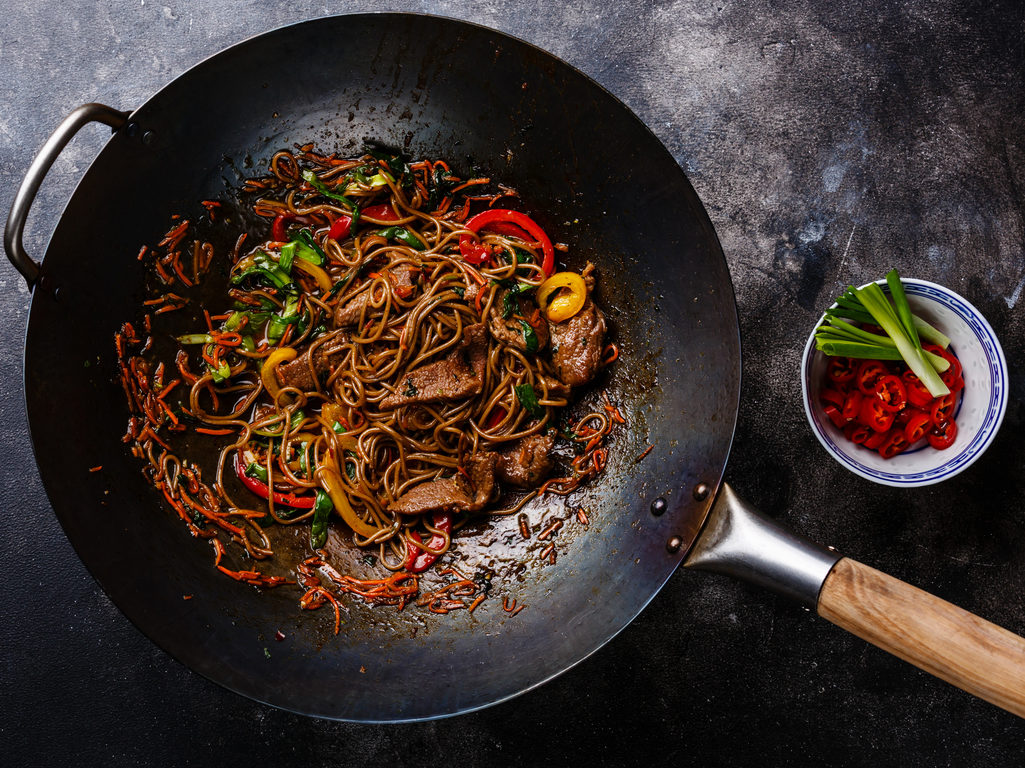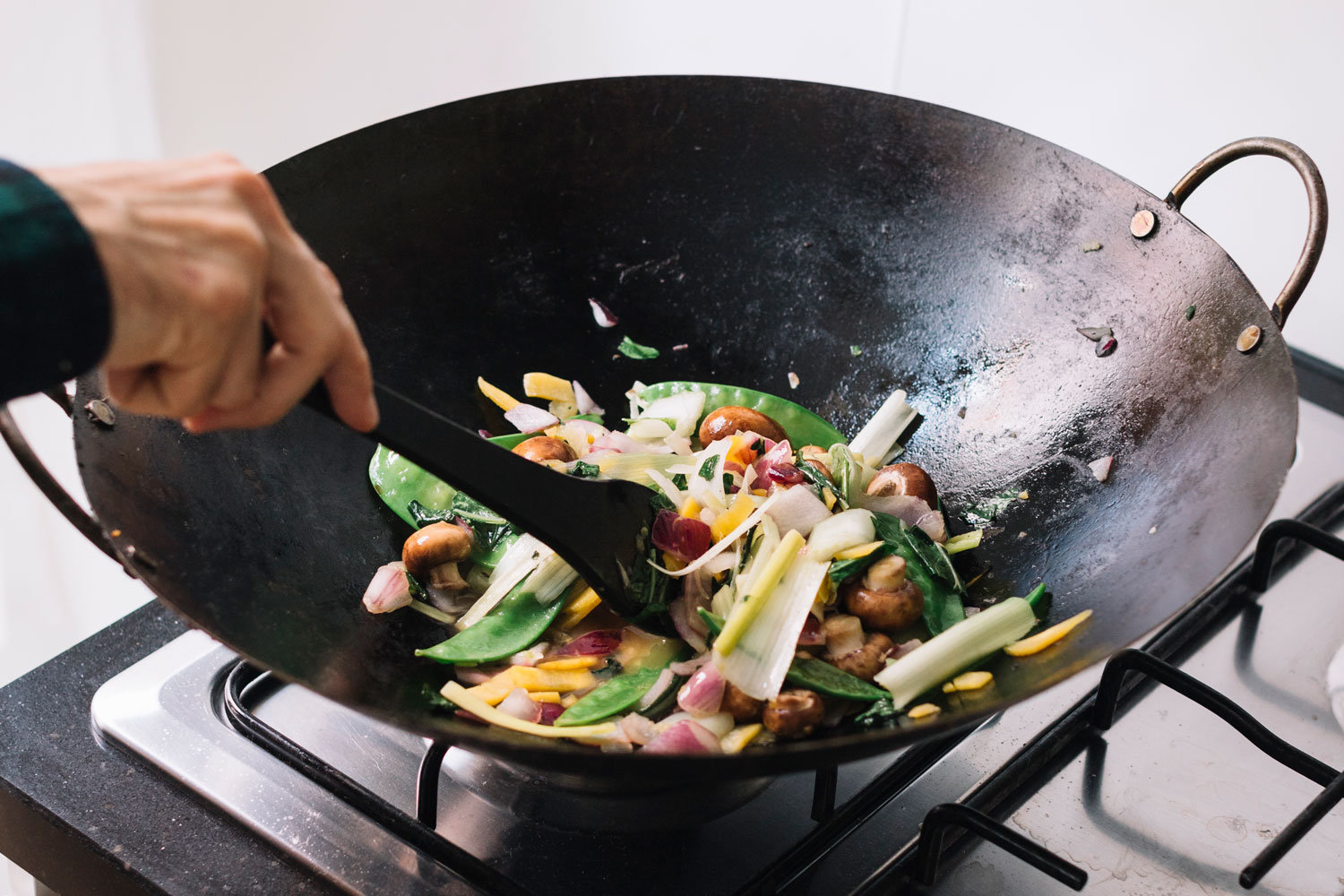What Oil to Season a Wok with for Perfect Barbecue Flavors
Written By James Morgan
Flavorful barbecuing isnt just about the grill. For BBQ enthusiasts, using a wok can add a whole new dimension to cooking outdoors. This guide will help you understand what oil to season your wok with and why its crucial for achieving that perfect, smoky taste while ensuring your wok remains in top condition.

The Importance of Seasoning a Wok
When it comes to barbecuing, a well-seasoned wok can make a significant difference. Seasoning creates a natural, non-stick coating on your wok, enhances flavors, and extends the lifespan of your cookware. Its a simple yet essential process that every BBQ enthusiast should master.

Best Oils for Seasoning a Wok
Flaxseed Oil
Flaxseed oil is often hailed as the best oil for seasoning a wok due to its high ALA (alpha-linolenic acid) content which polymerizes into a tough coating when heated. This ensures a long-lasting, non-stick surface.
Grapeseed Oil
Another excellent choice, grapeseed oil, has a high smoke point, making it great for seasoning. Its also neutral in flavor, so it won't alter the taste of your BBQ dishes.
Canola Oil
Canola oil is both affordable and accessible. It has a high smoke point and neutral flavor, which makes it an excellent option for seasoning your wok.
Other Oils
Though flaxseed, grapeseed, and canola oils are top recommendations, peanut oil and sunflower oil can also be used for seasoning. They have suitable smoke points and do a good job of creating a non-stick layer.

Step-by-Step Guide to Seasoning Your Wok
Now that you know what oil to season a wok with, lets walk through the steps of seasoning it properly:
1. Clean Your Wok
Before you begin the seasoning process, ensure your wok is completely clean. Remove any factory coatings or last meal residues by washing the wok thoroughly with warm soapy water. For detailed instructions, refer to How to Wash a Wok.
2. Dry Your Wok
Dry your wok thoroughly. Any remaining moisture can interfere with the seasoning process.
3. Apply Oil
Pour a small amount of your chosen oil into the wok. Use a paper towel to spread the oil evenly, coating the entire inner surface lightly. Ensure the layer of oil is thin to avoid it becoming sticky during seasoning.
4. Heat Your Wok
Place the oiled wok on a stovetop or grill over medium-high heat. Rotate it slowly to heat all sides evenly. The oil will start to polymerize and form a non-stick layer.
5. Repeat the Process
For a sturdy and effective non-stick coating, repeat the oiling and heating process 3 to 5 times, allowing the wok to cool between applications.

Using Your Wok for Barbecuing
Seasoning your wok is just the beginning. Woks can be used for a variety of BBQ techniques such as stir-frying, smoking, and even deep frying. Understanding how to use a wok for barbecuing can elevate your BBQ game significantly. For more information, check out What is a Wok For.
Maintaining Your Seasoned Wok
Once seasoned, its crucial to maintain your wok. Avoid using soap and harsh abrasives; instead, scrub it lightly with warm water and a soft sponge. Dry immediately to prevent rusting. For additional tips, see How to Clean a Cast Iron Wok.
Frequently Asked Questions (FAQs)
Whats the Best Oil for Seasoning a Wok?
Flaxseed oil is generally considered the best due to its high ALA content that polymerizes well. However, grapeseed and canola oils are also excellent choices.
Can I Use Olive Oil to Season a Wok?
Olive oil is not recommended for seasoning as it has a low smoke point and can become sticky, resulting in a less effective seasoning layer.
How Often Should I Re-Season My Wok?
The need to re-season depends on usage. If you notice food starting to stick, its time to re-season. Regular use and proper maintenance will prolong the time between re-seasonings.
As an Amazon Associate, I earn from qualifying purchases.
As an Amazon Associate, I earn from qualifying purchases.



